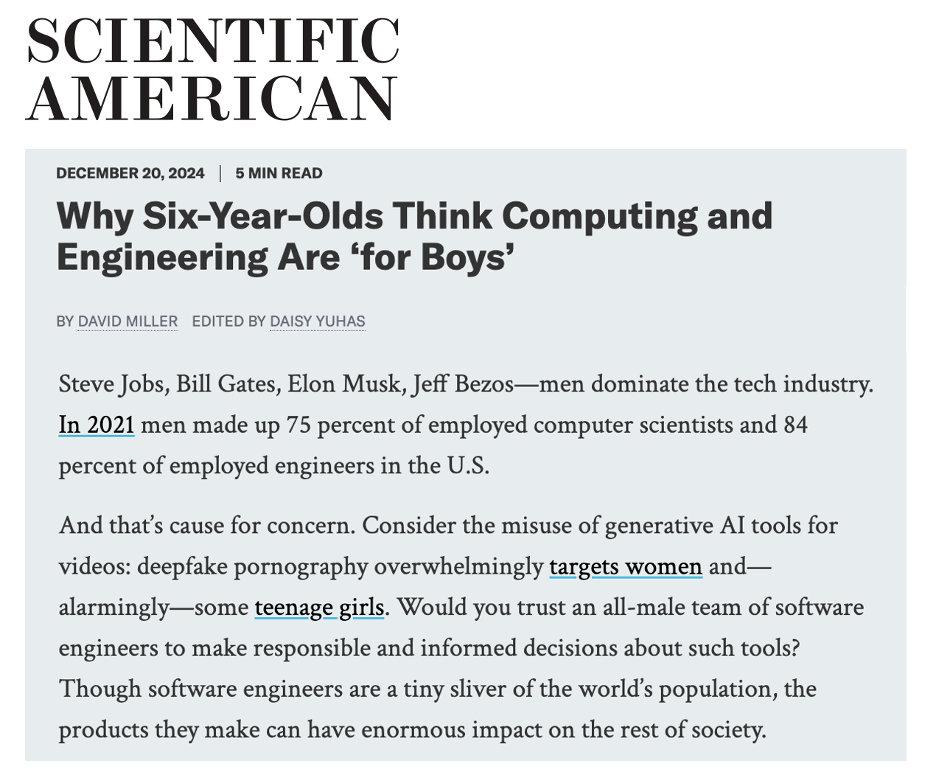Prior Teaching Experience
I especially enjoy teaching statistics and quantitative methods to diverse audiences, including undergraduates, graduate students, academic faculty, and other researchers. My interest in conveying complex technical content started when I taught physics to STEM majors as a paid tutor for three years at Harvey Mudd College’s tutoring center. At Northwestern, I was a graduate teaching assistant for seven undergraduate psychology courses, often helping to highlight methods issues even in content-focused courses.
At AIR, I furthered my teaching interests by co-developing webinars for the U.S. Department of Education’s What Work Clearinghouse (WWC), which synthesizes high-quality causal evidence of educational interventions. Webinar topics included missing data standards and web-based tools to review studies. For instance, after deriving new formulas for this Version 4.1 Supplement, I co-presented the changes to nearly 150 webinar attendees who were mostly academic faculty or researchers with WWC certifications (see below starting at 12:25):
Ongoing Training of Doctoral Students
Leveraging my meta-analysis expertise, I recently co-launched the multi-institutional, $1M Quantitative Evidence Synthesis Training (QuEST) program to support doctoral students in exploring and mastering research synthesis methodologies. These doctoral students come from social and behavioral science programs at three minority-serving institutions (MSIs) that are part of AIR’s Pipeline Partnership Program: Georgia State University, Howard University, and University of Texas at San Antonio.
QuEST training activities include virtual webinars, week-long immersive training workshops, and ongoing mentorship for supporting students in pursuing independent synthesis projects aligned with their academic and professional aspirations. My co-PI role is to co-create the QuEST program’s overall direction, along with co-developing curriculum and delivering instruction for specific training events (PI: Laura Michaelson).
Relatedly, I just co-authored a meta-analysis book chapter with social psychologist Judith Hall for the Handbook of Research Methods in Social and Personality Psychology; our target audience was doctoral students who want to start a meta-analysis (but haven’t done one yet) or want to be an intelligent consumer of published meta-analyses.
Ongoing Dissemination to the Public
I am passionate about ensuring that my work can be a public good. I therefore reach out to journalists and write my own popular press articles when I have new findings ready for public consumption, further drawing upon my interests in teaching others. Often, these findings come from large-scale syntheses that seek to understand why some studies find different results than other studies, aiming to go beyond reporting on single studies without context (Coffee is good for you! Coffee is bad for you!).
My research has been covered by national and international news outlets including ABC News, BBC News, CNN, Education Week, Forbes, Mashable, Nature, New York Times, NPR, Science, Smithsonian, TIME, The 74, The Atlantic, The Guardian, U.S. News, and Washington Post. The National Science Foundation (NSF) has also profiled my research.
See this 90-second TV news clip that a syndicated news company, Ivanhoe Broadcast News, produced for an initiative that reached more than 40 million viewers on average:
My own popular press writing has also appeared in outlets such as Associated Press, Business Insider, Huffington Post, Inside Higher Ed, Quartz, Scientific American, and U.S. News. At Northwestern, I reached over 350,000 readers as a contributing writer for The Conversation, an outlet where content is written by academics and edited by journalists.
🔗 Check out this 1,200-word article that I wrote for Scientific American about my new meta-analysis in Psychological Bulletin:
